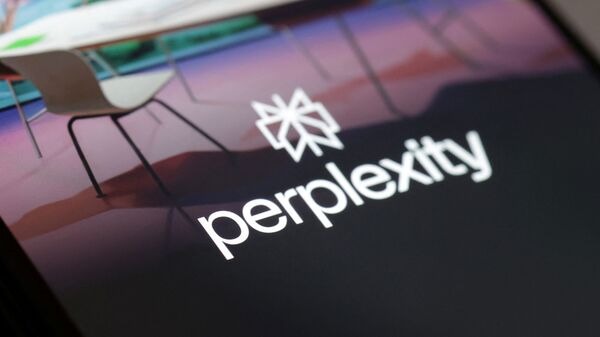We must learn to be more human in the age of artificial intelligence
Jaspreet Bindra

It was an interview of Nvidia founder Jensen Huang (https://bit.ly/3PcQSHB) that brought home to me the most profound effect that AI will have; it will teach us how to be human in the age of AI.
Omar Al Olama, the UAE AI Minister, asks Huang what people should learn themselves and educate their kids in this age of AI. Huang gives a counterintuitive answer: he says that most people think that we should all learn how to learn computer science and AI programming, but we should be doing exactly the opposite. With AI, he says, it is the tech companies’ job to create computing technology such that no one has to programme. Everyone in the world becomes a programmer.
I agree with Huang that the greatest revolution brought about by AI and Generative AI is that the gap between human and machine will close completely. The language with which we will work with computers will be human natural languages like English, Bengali or Spanish and not esoteric ones like C++, Python or PHP, languages that belong to machines. Both Bill Gates and Satya Nadella of Microsoft echo this. Gates is excited that “AI is the new UI” – the user interface for machines moves from graphical to browser to apps to human language. Nadella backs this up, “So far we had to learn the language of the computer, now the computer has to learn our language.”
So far, the ability to make machines perform magic was restricted to a miniscule percentage of the population: the much-celebrated software engineers and programmers. The elite amongst them – mostly young, white, and male, largely living in the West Coast of the US – built the world around us, harnessing powerful computing machines to create new products and services that the rest of us used. With the sweeping democratization of computing that AI brings, potentially all eight billion of us become creators and builders, as instructing machines to work is in human language. As this happens, we will need to reinforce and rebuild human skills we have somehow lost along the way, or sometimes ceded to machines. As Aneesh Raman and Mari Flynn write in the New York Times (https://bit.ly/3TbH1mF ): “There have been just a handful of moments over the centuries when we have experienced a huge shift in the skills our economy values most. We are entering one such moment now. Technical and data skills that have been highly sought after for decades appear to be among the most exposed to advances in artificial intelligence. But other skills, particularly the people skills that we have long undervalued as soft, will very likely remain the most durable….work (will be) anchored more, not less, around human ability. A LinkedIn research estimates that 96% of a software engineers’ current skills, which is mainly how to write code in programming languages, will be taken over by AI. 70% of executives said soft skills – interpersonal relationships, negotiating, motivating teams, etc. – were more important than highly technical AI skills.
Thus, it is the skills that made us originally human that will come to the fore. The use of language is one of the key ones – how we employ and manipulate the English language to write the best ‘prompts,’ which tease out the most optimal answers, art, or code from a machine. This will be followed by other key human skills of how we show the answers and data that we
have elicited from machines to other people, how we work with them and persuade them to our point of view, and how we leverage the relationships we have built with other people to bring them to our point of view. The knowledge economy will give way to the relationship economy. As Minouche Shafik of Columbia University says: “In the past, jobs were about muscles. Now they’re about brains, but in the future, they’ll be about the heart.”
This will have profound implications for our educational system, which has been obsessively STEM focused of late. I believe that the original subjects taught in our ancient monasteries and schools will come back: language and grammar, logic, mathematics, and philosophy. Humanities, finally, will have a dominant say in technology, as it always should have been, as empathy, creativity and felicity with language gets valued more. Raman and Flynn go on to write: “ AI will probably give us fantastic tools that will help us outsource a lot of our current mental work. At the same time, A.I. will force us humans to double down on those talents and skills that only humans possess. The most important thing about A.I. may be that it shows us what it can’t do, and so reveals who we are and what we have to offer.”
We will learn to be more human in the coming age of AI.


